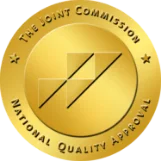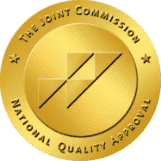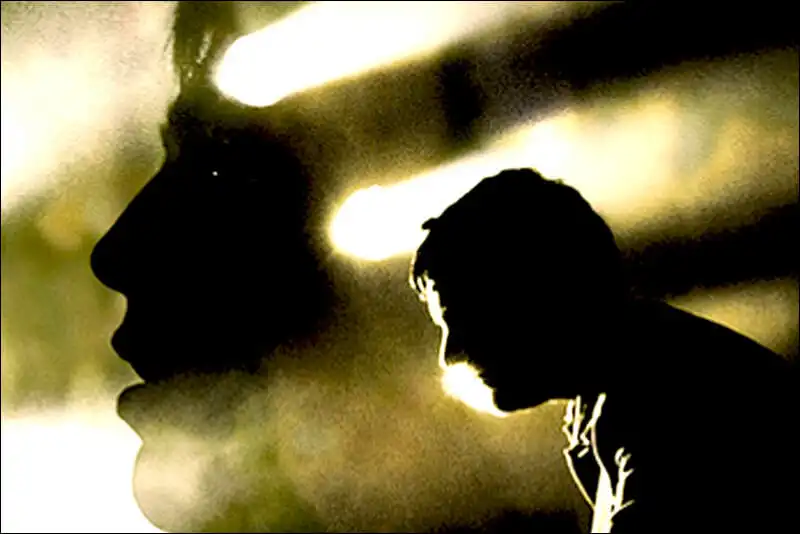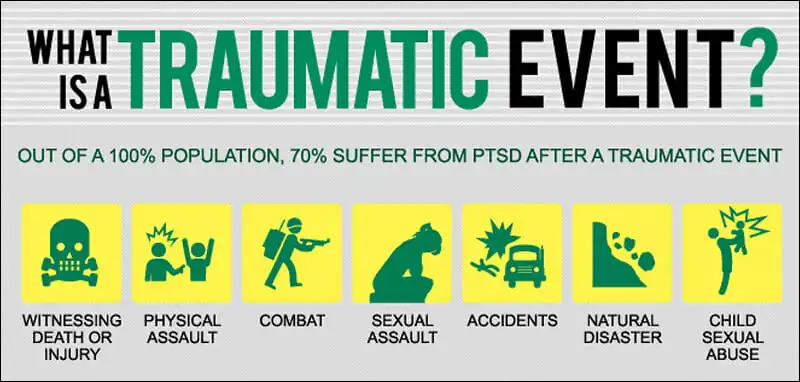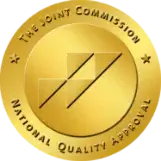Post Traumatic Stress Disorder (PTSD) is an issue that is much more common than most people realize, especially the link between PTSD and Addiction.
Certainly PTSD can happen to someone serving in the military on the front lines or going to work every day as a police officer or firefighter. But it can also be just as prominent in a person who grew up in abusive household, or someone who has survived cancer.
According to research from The Archives of General Psychiatry, approximately 52 percent of all males and 28 percent of all females who suffer from PTSD have dealt with alcohol or drug abuse.
Data has shown that those dealing with anxiety, flashbacks, nightmares and emotional distress (all PTSD symptoms) look to substances as a way to numb their pain.
The truth is, however, drugs and alcohol only make the problem worse and often times drive people into an even deeper depressed state.
The Traumatic Event Behind PTSD
Before we begin to delve into the addiction correlation, it is important to understand the identifiers behind PTSD.
The root of this acronym is the word Trauma. In other words a traumatic event that, consciously or subconsciously, stirs up fear and anxiety within a person.
The infographic below does a good job of laying out examples of traumas that can easily happen in our everyday lives.
It may be shocking to read, but it is true that up to 70 percent of all Americans have experienced events like these that continue to haunt them on a daily basis.
Do you recognize one of the issues shown in the infographic? If so, it is important to look at the actual symptoms of PTSD and understand whether you are showing the signs or if someone you know might also be suffering.
4 Types of Post Traumatic Stress Disorder Symptoms
According to The National Center for PTSD, there are 4 types of Post Traumatic Stress Disorder Symptoms as listed here.
1. Reliving the Trauma in Your Mind
Reliving the trauma in your mind occurs when issues like nightmares and flashbacks come into play. Often times a simple occurrence (like a TV show or car backfiring) can set off a trigger that then creates a flood of memories and potential panic attacks.
This is especially dangerous when it comes to addiction because the person will look for a quick solution (mistakenly drugs or alcohol) to numb the sensations.
2. Avoidance
Avoidance takes place when you purposely adjust your lifestyle to avoid contact with triggers.
This can include everything from isolating yourself from crowds, to burying emotions, to avoiding cars or airplanes.
While a person may think this is helping them through their trauma, it is actually detrimental and hindering them from a happy, well-rounded existence.
3. Anger and Negativity
While some people delve into depression after a trauma, others build up resentment, anger and negativity along with a general distrust of others.
If, for example, you have experienced sexual abuse, your PTSD may be impeding you from having a successful romantic relationship.
Those who have experienced physical trauma, may in turn, lash out at others and begin inflicting the same type of pain that they experienced.
4. Hyperarousal
Hyperarousal is the final symptom identified by the National Center.
This often occurs because of unresolved emotions and can lead to insomnia, jitters and difficulty maintaining focus at work or school.
The traumatic event is always at the forefront of these people’s minds and can create somewhat of a manic state.
Treating Symptoms of PTSD and Addiction
Each of these symptom types have been proven to escalate into addiction. If that has happened to you or a loved one, just understand that is an extremely common occurrence and you are not alone in this struggle.
There is always Hope for anyone dealing with PTSD and addiction.
At facilities like Iris Healing®, we specialize in Dual Diagnosis Treatment which addresses both the issues of PTSD and addiction together with compassion and trained expertise.
By offering unique therapies such as Neurofeedback and Brainspotting Therapy, we can work to resolve the negative thought and behavior patterns together with psychological hurdles that accompany a traumatic event.
Below is an video of how healing facilities like ours can make a real difference in the lives of people dealing with PTSD and addiction.
We advise you to review the symptoms carefully and, if needed, reach out to get the help you deserve.
You can also call us at (844)663-4747 to find out more about treatment for PTSD and Addiction.

